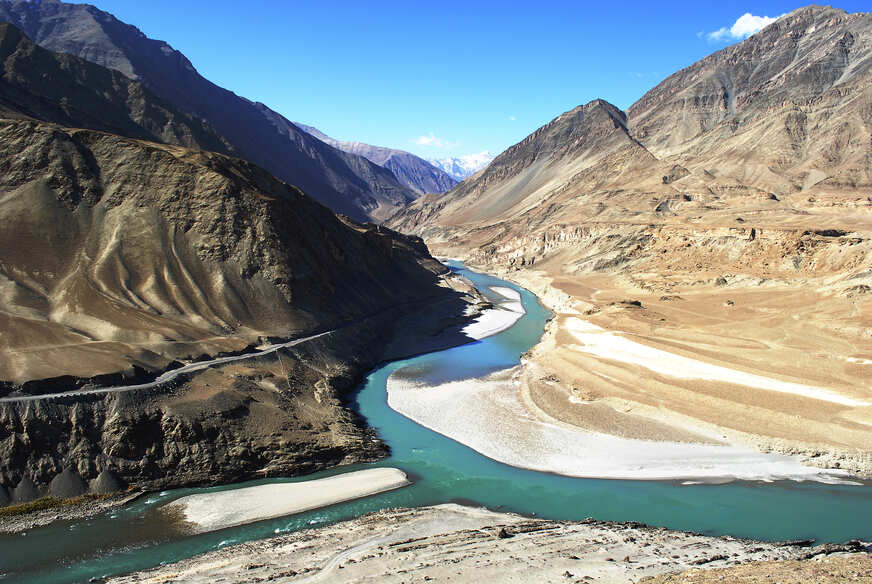India’s move to suspend the Indus Waters Treaty has drawn sharp criticism from Pakistani experts and officials, who have labeled it a political gimmick aimed at appeasing the Indian public. They emphasized that New Delhi cannot revoke or suspend the agreement unilaterally.
Jamaat Ali Shah, former Pakistan Commissioner for Indus Waters (PCIW), stated that neither India nor Pakistan holds the authority to alter the treaty without mutual consent. “The Indus Waters Treaty is a permanent accord. Any attempt to suspend or revoke it requires Pakistan’s agreement,” he told The Express Tribune.
Shah dismissed the Indian announcement as political theatre, calling it a strategic diversion to distract domestic audiences. He urged Pakistan to issue a strong political response and added that if India unilaterally withdrew, it would risk forfeiting rights to the rivers allotted to it under the agreement.
He also clarified that while the World Bank is not a guarantor of the treaty, it acts as a facilitator for conflict resolution between the two nations and can help establish an international arbitration court in the event of disputes.
Reacting to the development, Pakistan’s Power Minister Awais Leghari condemned India’s decision, calling it a “hasty and reckless” act of aggression tantamount to a water war.
“Every drop is our right, and we will defend it on all fronts – legal, political, and international,” he asserted.
Experts across Pakistan warned that any unilateral suspension of the treaty signals aggression and extremism, violating the basic tenets of international water law. They emphasized that the treaty has no clause permitting unilateral suspension, and is meant to be of indefinite duration, unaffected by political changes or disputes.
They cautioned that India's action, if carried out, could undermine the credibility of all international agreements. Blocking water flow to Pakistan would not only violate the treaty but set a dangerous global precedent. Under international law, an upstream nation, such as India, cannot obstruct water flow to a downstream country, even in the absence of a treaty.
Experts also raised alarm about regional consequences. “If India follows this path, countries like China may follow suit—potentially justifying similar actions regarding the Brahmaputra River. India’s own move could come back to haunt it,” they warned.
Read how contaminated water in Kharar caused crisis in Mohali's Sunny Enclave
The Indus Waters Treaty, signed in 1960, mandates that any amendments or changes must be agreed upon by both countries. A unilateral suspension would breach India’s international commitments and weaken formal mechanisms for resolving disputes, such as the Permanent Indus Commission, independent experts, or an arbitral tribunal—thus damaging the very foundation of this historic agreement.
Source: https://tribune.com.pk/story/2541929/delhis-reckless-indus-gambit






2 Comments
John Doe
Posted on: March 13, 2025Leverage agile frameworks to provide a robust synopsis for high level overviews. Iterative approaches to corporate strategy foster collaborative thinking to further the overall value proposition.
John Doe
Posted on: March 13, 2025Leverage agile frameworks to provide a robust synopsis for high level overviews. Iterative approaches